The ocean drives global systems that make the Earth habitable for humankind. Our rainwater, drinking water, weather, climate, coastlines, much of our food, and even the oxygen in the air we breathe, are all ultimately provided and regulated by the sea.
Careful management of this essential global resource is a key feature of a sustainable future. However, at the current time, there is a continuous deterioration of coastal waters owing to pollution, and ocean acidification is having an adversarial effect on the functioning of ecosystems and biodiversity. This is also negatively impacting small scale fisheries.
Saving our ocean must remain a priority. Marine biodiversity is critical to the health of people and our planet. Marine protected areas need to be effectively managed and well-resourced and regulations need to be put in place to reduce overfishing, marine pollution and ocean acidification.


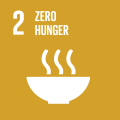

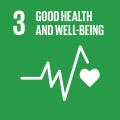



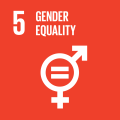

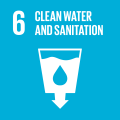

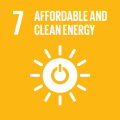

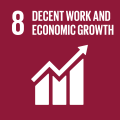

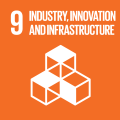

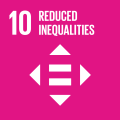

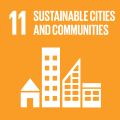

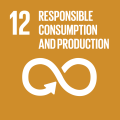

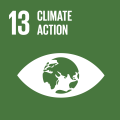

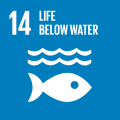

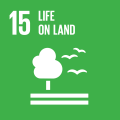





Facts & Figures
Oceans cover three quarters of the Earth’s surface, contain 97 per cent of the Earth’s water, and represent 99 per cent of the living space on the planet by volume.
Climate Change
Oceans absorb about 30 per cent of carbon dioxide produced by humans, bu ering the impacts of global warming.
Carbon emissions from human activities are causing ocean warming, acidification and oxygen loss.
The ocean has also absorbed more than 90per cent of the excess heat in the climate system.
Ocean heat is at record levels, causing widespread marine heatwaves.
Oceans & People
Over three billion people depend on marine and coastal biodiversity for their livelihoods.
Globally, the market value of marine and coastal resources and industries is estimated at $3 trillion per year or about 5 per cent of global GDP.
Marine fisheries directly or indirectly employ over 200 million people.
Coastal waters are deteriorating due to pollution and eutrophication. Without concerted efforts, coastal eutrophication is expected to increase in 20 percent of large marine ecosystems by 2050.
Roughly 80per cent of marine and coastal pollution originates on land – including agricultural run-o , pesticides, plastics and untreated sewage.
Around the world, one million plastic drinking bottles are purchased every minute, while up to 5 trillion single-use plastic bags are used worldwide every year
Around 680 million people live in low-lying coastal zones – that is expected to increase to a billion by 2050.
Sustainable and climate-resilient transport, including maritime transport, is key to sustainable development. Around 80 per cent of the volume of international trade in goods is carried by sea, and the percentage is even higher for most developing countries.
Links
Want to know more about
Sustainable Development?
Simply fill out your email and message and one of our agents will get back to you.
